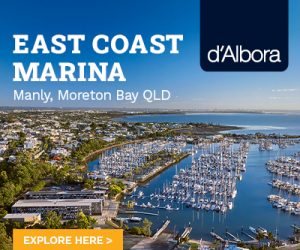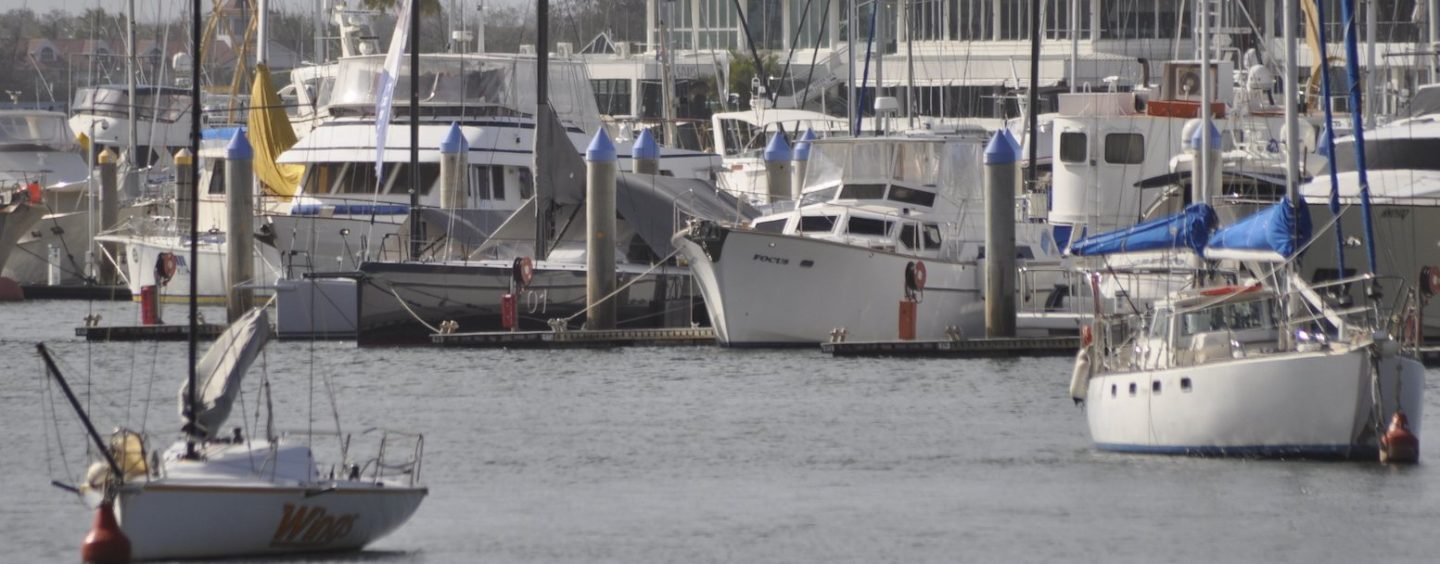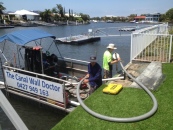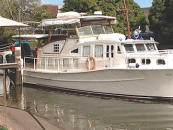After consultations, delays, industry worries and political funding, the transition to a National System for Domestic Commercial Vessels has arrived. Throughout the month of June, commercial boat owners and operators transitioned from their state and territory agencies to the National System administered by the Australian Maritime Safety Authority (AMSA).
THE NATIONAL SYSTEM
Years in the making, the Marine Safety (Domestic Commercial Vessel) National Law Act 2012 (“the National Law”) was the beginning of a national system to regulate commercial vessels around Australia. The law has been in place and implemented on commercial vessels for years, but through the state and territory marine safety agencies as agents for AMSA. In Queensland, the agency is Maritime Safety Queensland (MSQ).
Moving forward, the same laws will apply, with the same standards and requirements. However, AMSA will be the regulator, rather than MSQ or another state or territory equivalent. Additionally, the same fees will be charged uniformly around the country.
WHO DOES THIS AFFECT?
Commercial boat owners and operators will need to be on the lookout for these changes and make sure that they keep up. However, all recreational vessels can continue as before with their regulation unchanged and taken care of by MSQ.
WHAT IS A COMMERCIAL VESSEL?
“Domestic commercial vessel (DCV) means a vessel that is for use in connection with a commercial, governmental or research activity.” There are some exceptions and exemptions, including when the vessel is owned by a school, or community group.
WHEN WILL THINGS CHANGE?
Here in Queensland you will find that MSQ had effectively “powered down” on DCV services earlier. To use certificates of competency as an example, the final date to book in with MSQ for an assessment was 11 May 2018, but AMSA had not offered this service before 1 July 2018.
In any case, for regional Queensland, the transition began in the first week of June, and for Brisbane the transition occurred in the 3rd week of June, with every service transitioned by 1 July 2018.
OUTREACH
Perhaps the concern that is not yet realized is the possible difficulties that may be encountered making contact with services. Only a small percentage of commercial boat owners are collected in the capital cities. Fishermen make up a large amount of DCVs and they are, by the nature of their work, regional. MSQ have 13 regional offices in Queensland, while AMSA have only 19 offices nationwide. AMSA Connect is the central contact centre for AMSA and will be fielding all DCV enquiries. In addition, Australia Post is on board as a shopfront for submitting applications.
FUNDING
The National System will operate with full cost recovery through a levy determined by the size of the vessel. This came as a shock to many commercial boat owners as previously certain states had heavily subsidised their marine services. In December last year, the federal government announced that they would be contributing a funding package of $102.4 million to support the transition to the National System. This money will be used to subsidize the National System levy over 10 years. Part of the funding package is the promise that no levy will be payable by DCV operators in the first year. The levy will be introduced in the second year and will gradually increase year by year until the 10th year when the fees will be without subsidy and will settle at the 100% cost payable into the future.
CERTIFICATES OF SURVEY
The regulation and maintenance of certificates of survey are also set to change. Depending on the category that your vessel falls within, different frequencies of survey are required in order to maintain the certificate of survey. Since late May 2018, AMSA has been contacting owners directly to explain how these changes will impact certificate holder. If you haven’t been contacted and are uncertain, it is advised that you contact AMSA.
PROACTIVE COMPLIANCE
AMSA have professed that their method moving forward will be to focus on education and working in collaboration with owners, operators, and crew. There is a promise for increased safety programs and campaigns that will be targeted to the support that is required, developed in response to industry requests and concerns. This proactive, rather than reactive, approach makes for a promising future for regulation in Australia.
By Capt John Kavanagh, AFNI MQLS






























